The French president has called on Europe to become an AI powerhouse rather than just a consumer. But this won't be easy.
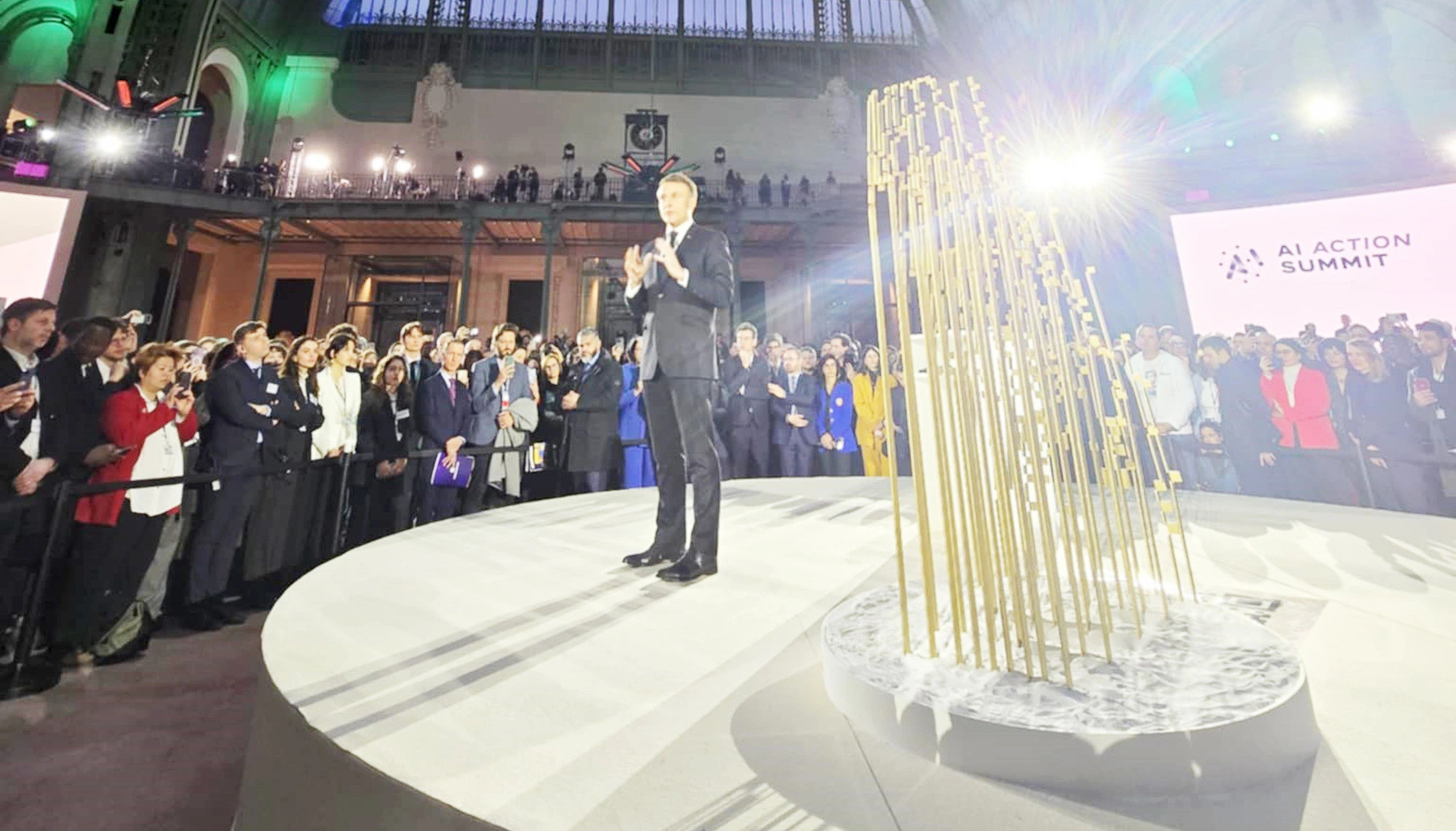
French President Macron speaks at the AI Summit taking place on February 11 and 12 in Paris, France - Photo: DO DUNG
In Paris (France), the AI Action Summit brings together the world's leading AI leaders, scientists and entrepreneurs.
Notably, French President Emmanuel Macron reaffirmed his determination to accelerate AI investment with 109 billion euros, calling on Europe to become an AI powerhouse instead of just a consumer.
However, this ambition is not easy when the majority of investment comes from Middle Eastern oil "giants" and major giants from North America. This raises questions about the sovereignty of European AI and its ability to compete in the global market.
Why is Europe weak in AI investment?
Europe has struggled to invest in AI for three main reasons. First, European venture capital (VC) funds still maintain the traditional banking mindset: slow, safe and risk-averse. Meanwhile, in the US, funds like Sequoia or Andreessen Horowitz are ready to pour tens of billions of dollars into AI.
Second, Europe lacks tech giants like Microsoft or Amazon, leaving AI startups in the region without large-scale funding to grow. Finally, regulatory hurdles are a major obstacle. The EU’s AI Act, while ethical in spirit, limits the flexibility of AI companies, in contrast to the US and China’s incentives to experiment with new technologies.
The AI Action Summit revealed divisions between the EU and the US and UK. While Europe stressed “ethical responsibility” in AI, the US and UK refused to sign a joint statement.
This raises the question of whether Europe can truly lead the “New Enlightenment” in AI, as innovation hubs in the US and Asia continue to thrive. If Europe fails to outdo itself – remaining steadfast in its humanistic values while remaining agile enough to compete – it could miss out on the opportunity to shape the future of AI.
Instead of focusing solely on regulation, Europe could learn from India’s DEPA (Data Empowerment and Protection Architecture) model, which Prime Minister Modi introduced at the summit. This is a public data infrastructure initiative that gives citizens control over their personal data while creating a transparent data sharing ecosystem.
This allows startups to compete with large tech companies without being completely dependent on them. The program has helped create a decentralized AI model that both promotes innovation and protects citizens' interests.
50 Shades of Global AI
One of the highlights of the conference was the exhibition of the world's 50 best AI projects, selected by the Paris Peace Forum. These projects represent a wide range of fields such as health, environment, education, cybersecurity and civil society. The goal is to highlight the human value of AI development and ensure that this technology is not forgotten in the process of global development.
Notably, an AI project from Vietnam - Enfarm - was honored at the conference. This is a smart soil sensor technology, helping farmers optimize production by analyzing real-time soil data, while providing advice using generative AI.
Enfarm is the only project from Vietnam and one of four projects from Asia selected to be introduced in the live televised discussion. This is not only a source of pride for Vietnam but also shows that AI is not just a game for technology powers, but also a powerful tool to help developing countries increase productivity, ensure food security and respond to climate change.
The presence of humane and sustainable technologies like Enfarm at the conference is an important message that the French president wants to convey: that in order not to fall behind in the AI race, Europe needs to focus not only on technological competition but also take the lead in solving major human problems such as climate change and food security.
At the same time, Europe also needs to cooperate with young and dynamic economies in the Southern Hemisphere, where AI can bring breakthrough solutions, contributing to building a more sustainable world.
Raising awareness about the impact of AI
On February 11 (Paris time), at the AI Action Summit, 61 countries adopted a joint statement on an "open, inclusive and ethical" AI. The statement emphasized that for the first time, AI and energy were addressed in a multilateral context, and called for increased awareness of AI's impact on the labor market.
Countries also committed to coordinate AI governance, preventing monopolies to increase accessibility while promoting security, trust, and sustainable AI development.
Source: https://tuoitre.vn/hoi-nghi-thuong-dinh-toan-cau-ve-ai-khi-chau-au-doi-mat-voi-thach-thuc-20250213063059075.htm




![[Photo] Opening of the 14th Conference of the 13th Party Central Committee](https://vphoto.vietnam.vn/thumb/1200x675/vietnam/resource/IMAGE/2025/11/05/1762310995216_a5-bnd-5742-5255-jpg.webp)








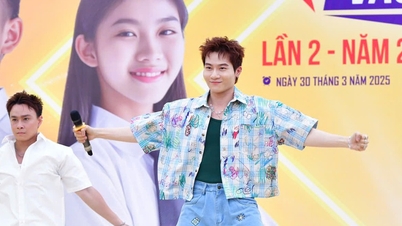






![[Video] Not Alone - Online Safety Day](https://vphoto.vietnam.vn/thumb/402x226/vietnam/resource/IMAGE/2025/11/05/1762347906381_sequence-0100-00-17-02still001-jpg.webp)
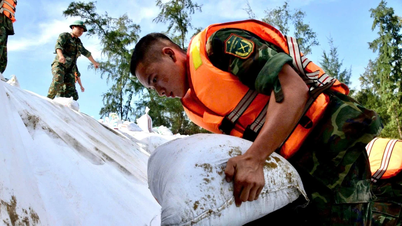






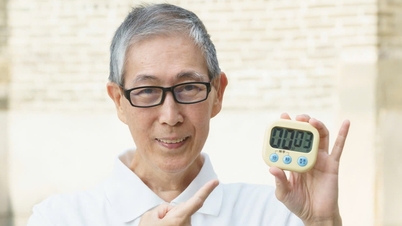

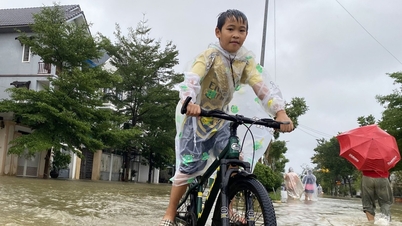
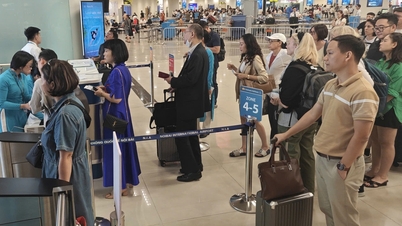
![[Photo] Panorama of the Patriotic Emulation Congress of Nhan Dan Newspaper for the period 2025-2030](https://vphoto.vietnam.vn/thumb/1200x675/vietnam/resource/IMAGE/2025/11/04/1762252775462_ndo_br_dhthiduayeuncbaond-6125-jpg.webp)




































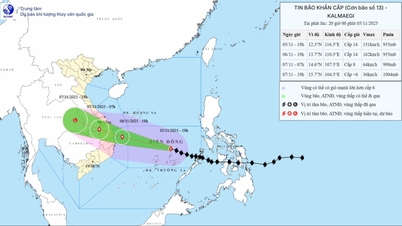














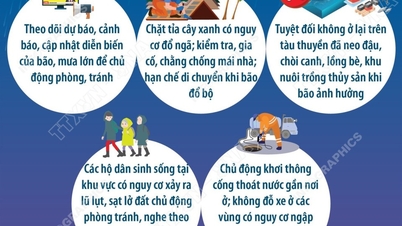


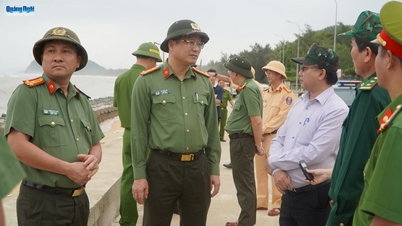
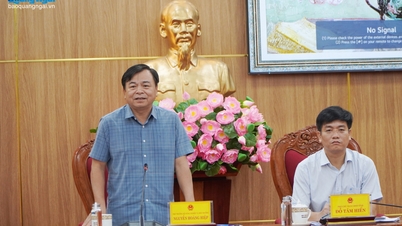
















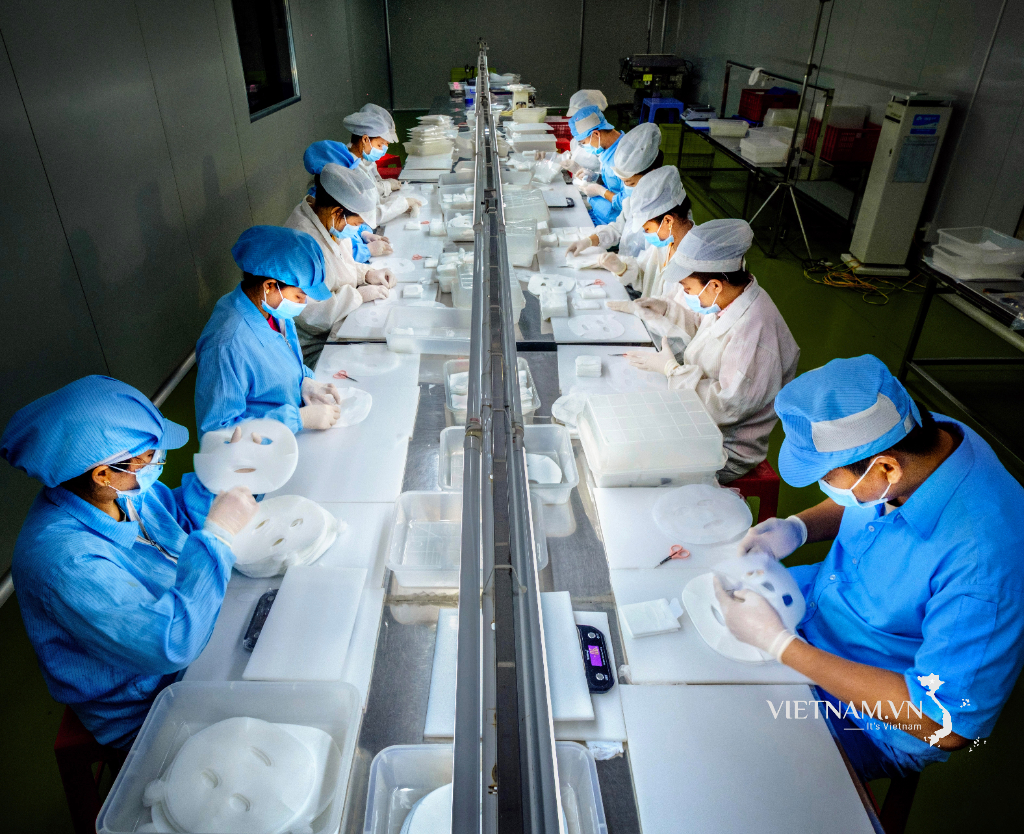

Comment (0)